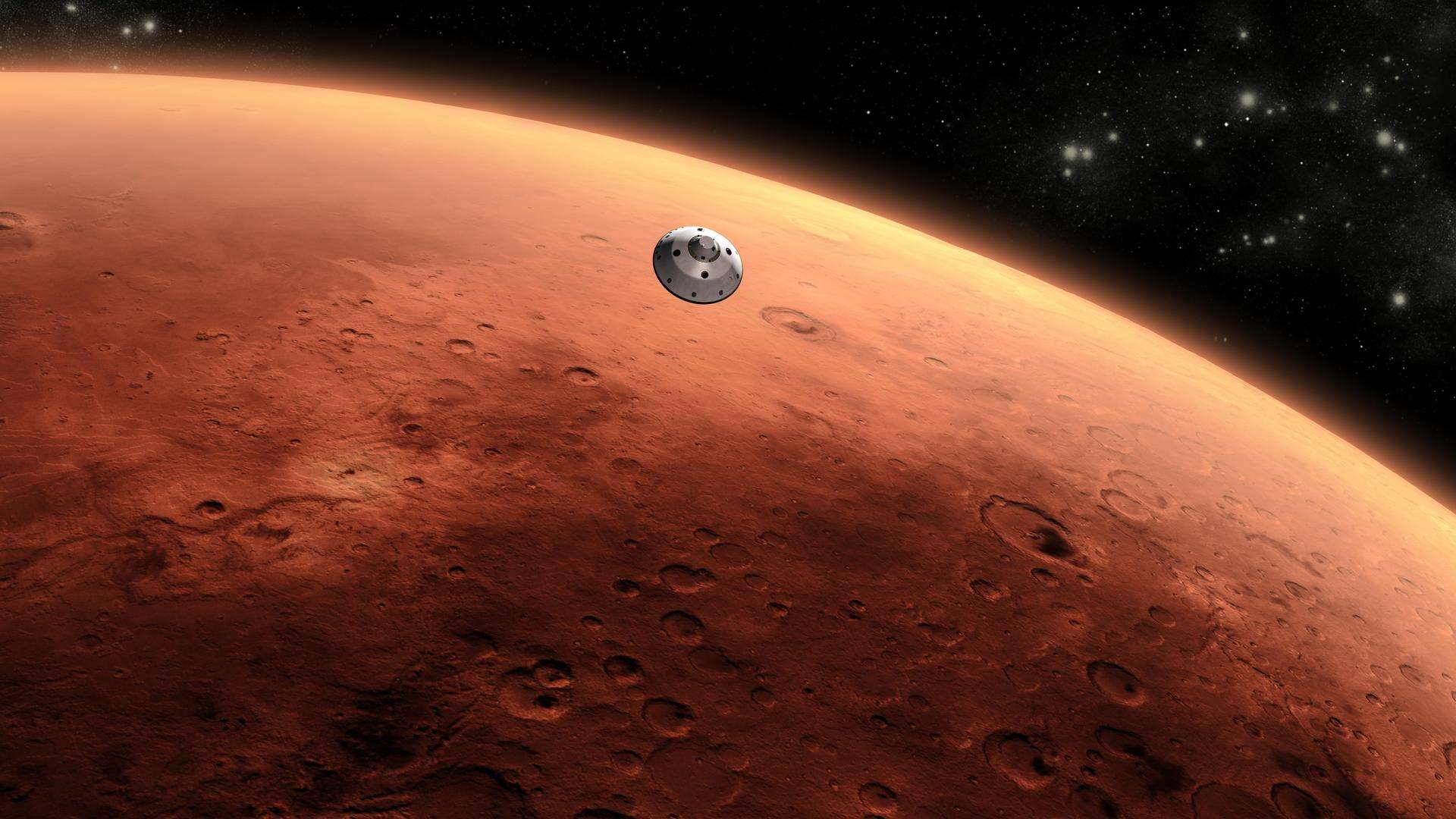“Exploring the Red Planet: Recent Discoveries and Future Missions to Mars”
Mars, the fourth planet from the Sun, has captivated the world’s imagination for centuries. With its reddish hue and proximity to Earth, it has always been a subject of curiosity and wonder. Over the years, countless missions have been sent to explore this enigmatic planet, and the discoveries made have been nothing short of groundbreaking. From the traces of ancient Martian life to the presence of water, each revelation has fueled our desire to uncover the secrets of the Red Planet. In this article, we will delve into the recent discoveries and future missions that are driving the exploration of Mars, shedding light on this fascinating world.
=== Martian Mysteries: What We’ve Discovered So Far ===
Through various missions, including Mariner, Viking, and more recently, the Mars rovers, scientists have revealed intriguing mysteries about Mars. We have learned that Mars once had a magnetic field, which shielded it from the harmful solar wind but disappeared billions of years ago. The planet also boasts the largest volcano and deepest canyon in the solar system. Furthermore, we have discovered evidence of past water flow on Mars, indicating a potentially habitable environment. These findings have raised innumerable questions about the planet’s past and future, fueling our thirst for exploration.
=== Unveiling the Past: Traces of Ancient Martian Life ===
One of the most significant breakthroughs in recent years is the discovery of organic molecules on Mars. NASA’s Curiosity rover analyzed samples from Martian rocks and found complex carbon-based compounds. While this does not prove the existence of ancient life, it provides strong evidence that the conditions necessary for life once existed on Mars. Furthermore, the rover has detected methane in the Martian atmosphere, which could be a possible byproduct of past or even present biological activity. These findings have ignited excitement in the scientific community and laid the foundation for future missions aimed at finding signs of ancient Martian life.
=== Curiosity Rover: Paving the Way for Future Explorations ===
The Curiosity rover, launched in 2011, has been a game-changer in our understanding of Mars. It has roamed the planet’s surface, studying its geology, climate, and potential habitability. This rover has provided invaluable data on radiation levels, atmospheric composition, and weather patterns on Mars. It has also captured breathtaking images, allowing us to explore the alien landscapes from the comfort of our homes. With its extended mission and continuous updates, the Curiosity rover is grooming the path for future explorations and pushing the boundaries of our knowledge about Mars.
=== Mars Exploration: Upcoming Missions and Initiatives ===
Exciting times lie ahead for Martian exploration, with several missions and initiatives in the pipeline. NASA’s Perseverance rover, scheduled to land in February 2021, will search for signs of ancient life and even collect rock samples for future return to Earth. The European Space Agency (ESA) is also planning its ExoMars rover mission, aiming to launch in 2022. Additionally, the United Arab Emirates’ Hope probe and China’s Tianwen-1 are set to arrive at Mars in early 2021. These missions will undoubtedly provide a wealth of new information and pave the way for future endeavors, bringing us closer to unraveling the mysteries of the Red Planet.
The Exciting Future of Martian Exploration ===
The exploration of Mars has come a long way, but there are still countless wonders waiting to be unveiled. From the possibility of finding signs of ancient life to understanding the planet’s potential habitability, Mars holds the key to unraveling the secrets of our own existence and the origins of life in the universe. With each mission and discovery, we inch closer to answering these fundamental questions. The future of Martian exploration is incredibly promising, with cutting-edge technologies and ambitious initiatives on the horizon. As we embark on this thrilling journey, let us embrace the sense of wonder and excitement that Mars, the Red Planet, continues to evoke within us.

